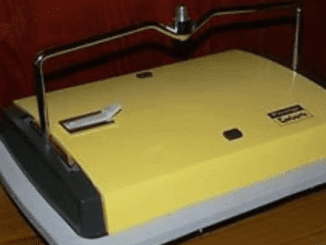When it comes to household chores, we all develop certain habits—some of which might raise a few eyebrows. One of the most common disputes between roommates is unconventional cleaning practices, especially when it involves using dish soap for laundry. You might have found yourself in a situation where your roommate insists that dish soap is just as good as laundry detergent. But is it really the same thing? Is it even safe to use?
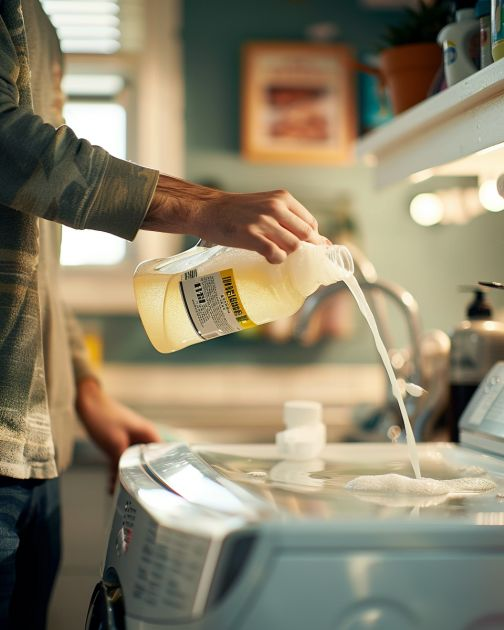
If you’ve been questioning whether or not to confront your roommate about their laundry habits, we’re here to break it down for you. Spoiler alert: there’s a reason laundry detergent exists! Let’s dive into the facts and consequences of using dish soap for laundry.
Understanding the Differences: Dish Soap vs. Laundry Detergent
Before we can settle this debate, it’s crucial to understand the fundamental differences between dish soap and laundry detergent. Spoiler: they’re not interchangeable!
1. Chemical Composition Matters
Laundry detergent and dish soap are designed for entirely different tasks, and their chemical compositions reflect that.
- Laundry Detergent: Specifically formulated with enzymes and surfactants to break down oils, dirt, and stains on fabrics without causing damage. It’s gentle on fibers but tough on stains.
- Dish Soap: Designed to cut through grease and food residues, dish soap contains harsher ingredients that can be overly abrasive when used on clothes. These chemicals are meant for cleaning dishes, not fabrics.
The result? If you use dish soap on your clothes, they might come out smelling clean, but the long-term damage to the fabric could be significant.
2. Excessive Foaming: A Washing Machine’s Worst Nightmare
One major issue with using dish soap for laundry is its foaming action. Dish soap creates way more foam than laundry detergent—foam that your washing machine simply isn’t built to handle.
- High-Efficiency Washing Machines: These machines use low-foaming detergents. Excessive foam can confuse the machine’s sensors, reduce cleaning efficiency, and even cause leaks or mechanical damage.
- Regular Machines: The same applies here, though the risk might be slightly lower. Too much foam can lead to messy leaks and potential malfunctions.
3. Residue and Rinsing Issues
Unlike laundry detergent, which is designed to rinse out completely, dish soap often leaves behind residue. This residual film can cling to your clothes, resulting in:
- Stiffness or Greasiness: Your clothes might not feel as soft as they should.
- Skin Irritations: For those with sensitive skin, leftover dish soap residue can cause itching, rashes, or irritation. Laundry detergents, on the other hand, are designed to rinse out fully, avoiding this issue.
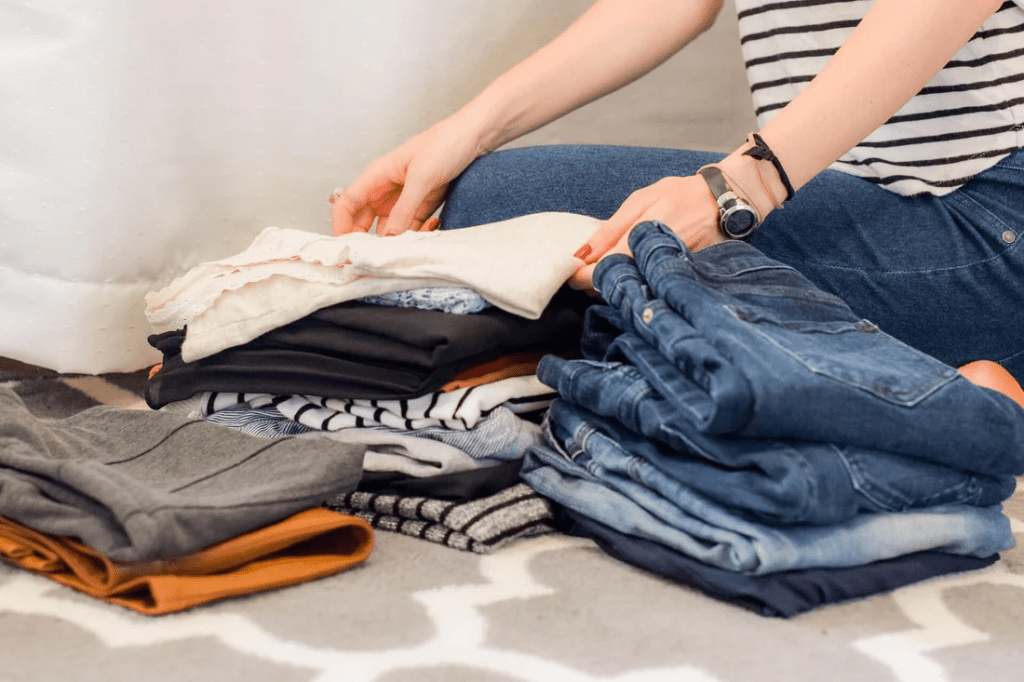
The Risks: Why Dish Soap Isn’t Laundry-Friendly
Still not convinced that dish soap isn’t a good alternative for laundry? Let’s break down the potential risks further.
1. Machine Damage is a Real Threat
Using dish soap in your washing machine can lead to long-term damage. The excessive sudsing not only interferes with cleaning but also causes build-up inside the machine. Over time, this can lead to:
- Leaks: Suds escaping from the drum can cause water to leak out, damaging your floors or the machine itself.
- Costly Repairs: Regular use of dish soap may wear down the mechanics of the machine, resulting in expensive repair costs.
- Shortened Lifespan: Your washing machine is an investment. Treat it well by using the right detergent to avoid unnecessary wear and tear.
2. Fabric Damage and Degradation
Think your favorite T-shirt is safe from dish soap? Think again. The harsh chemicals in dish soap are not designed to be gentle on fabrics. Over time, repeated exposure can lead to:
- Color Fading: Dish soap can strip the colors from your clothes, leaving them dull and faded.
- Weakened Fibers: The chemicals might break down the fibers in your clothes, causing them to wear out faster.
If you care about keeping your wardrobe in top shape, sticking with laundry detergent is the smarter choice.
3. Potential Skin Problems
Clothes that don’t rinse out properly can lead to skin problems, and dish soap residue can cause more issues than you think:
- Irritation and Allergies: Soap left behind on clothes can cause skin irritation, particularly for people with sensitive skin or allergies.
- Itching and Redness: Wearing clothes washed with dish soap can feel like a mild form of torture if it isn’t rinsed out properly.
Are There Any Situations Where Dish Soap Can Be Used for Laundry?
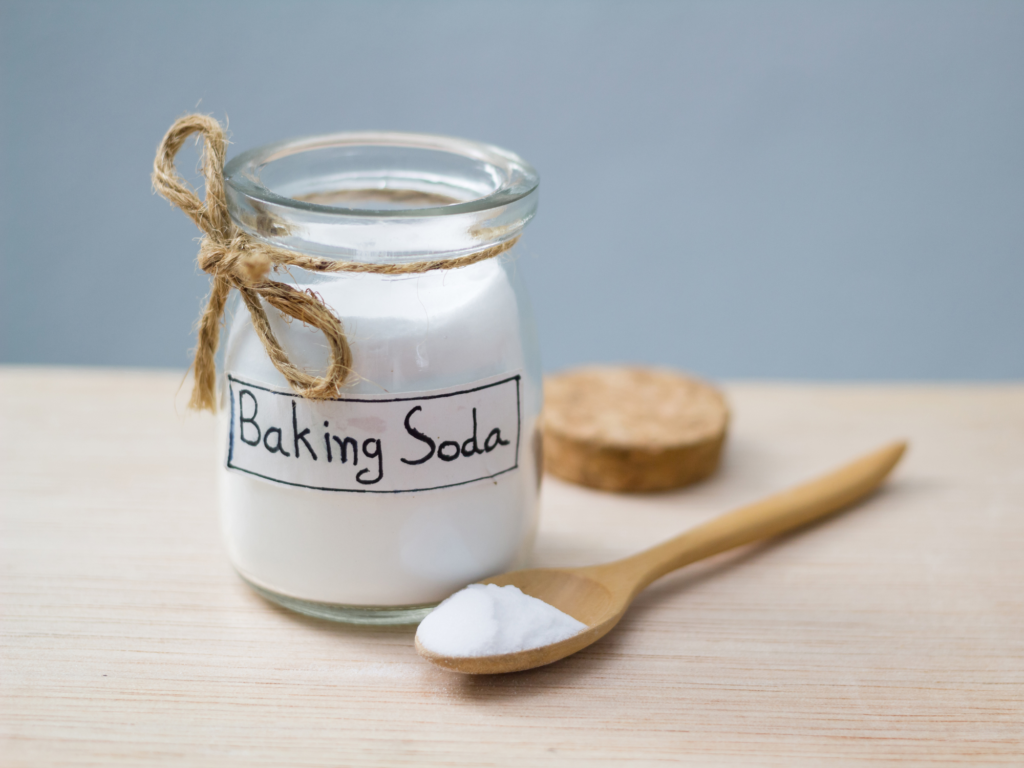
So, is dish soap ever a viable alternative to laundry detergent? In an emergency, maybe. If you absolutely have no detergent and are in a bind, a small, tiny amount of dish soap could be used to hand wash a couple of items. But remember:
- Never in a Machine: The foaming issue alone makes it unsuitable for machine use.
- Only as a Last Resort: Don’t make a habit of it—stick to laundry detergent to avoid long-term damage to your clothes and appliances.
Smart Alternatives to Consider Instead of Dish Soap
If you ever run out of laundry detergent and don’t want to head out to the store, here are a few better options:
- Baking Soda: It can help freshen up your clothes and neutralize odors when you’re out of detergent.
- Vinegar: Vinegar acts as a natural fabric softener and cleaner.
- Laundry Strips: These are convenient, easy to store, and better for your clothes and machine than dish soap.
Conclusion: Dish Soap in the Laundry? Just Don’t!
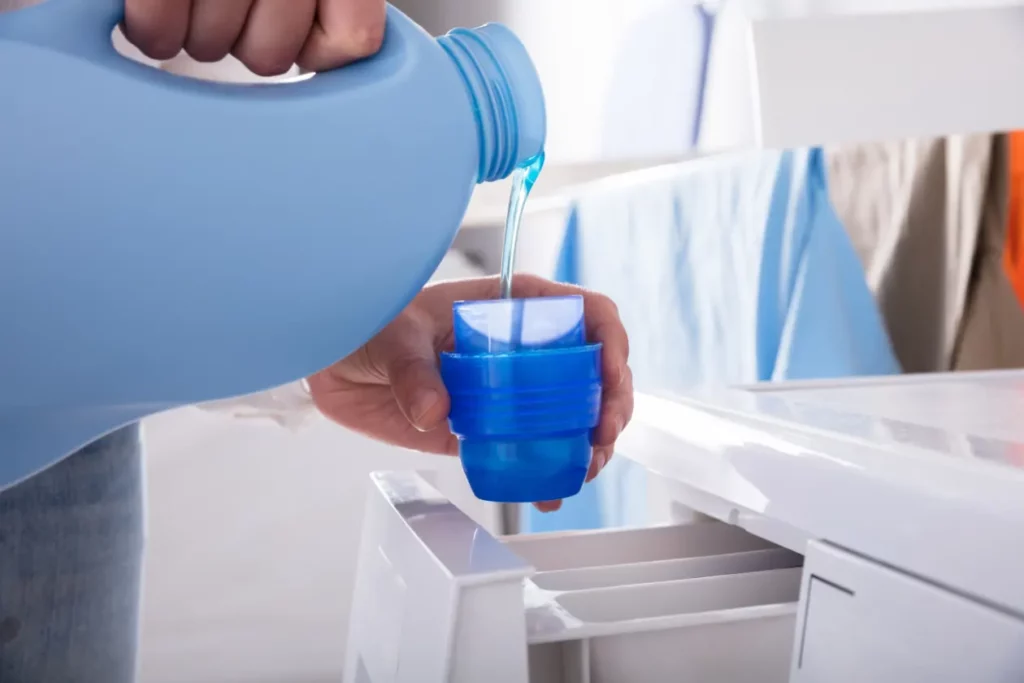
At the end of the day, using dish soap for laundry might seem like a convenient shortcut, but it’s a recipe for disaster. From machine damage to fabric wear and skin irritation, the risks far outweigh the benefits. Stick to using proper laundry detergent for your clothes, and if you run out, there are better emergency alternatives than dish soap.


